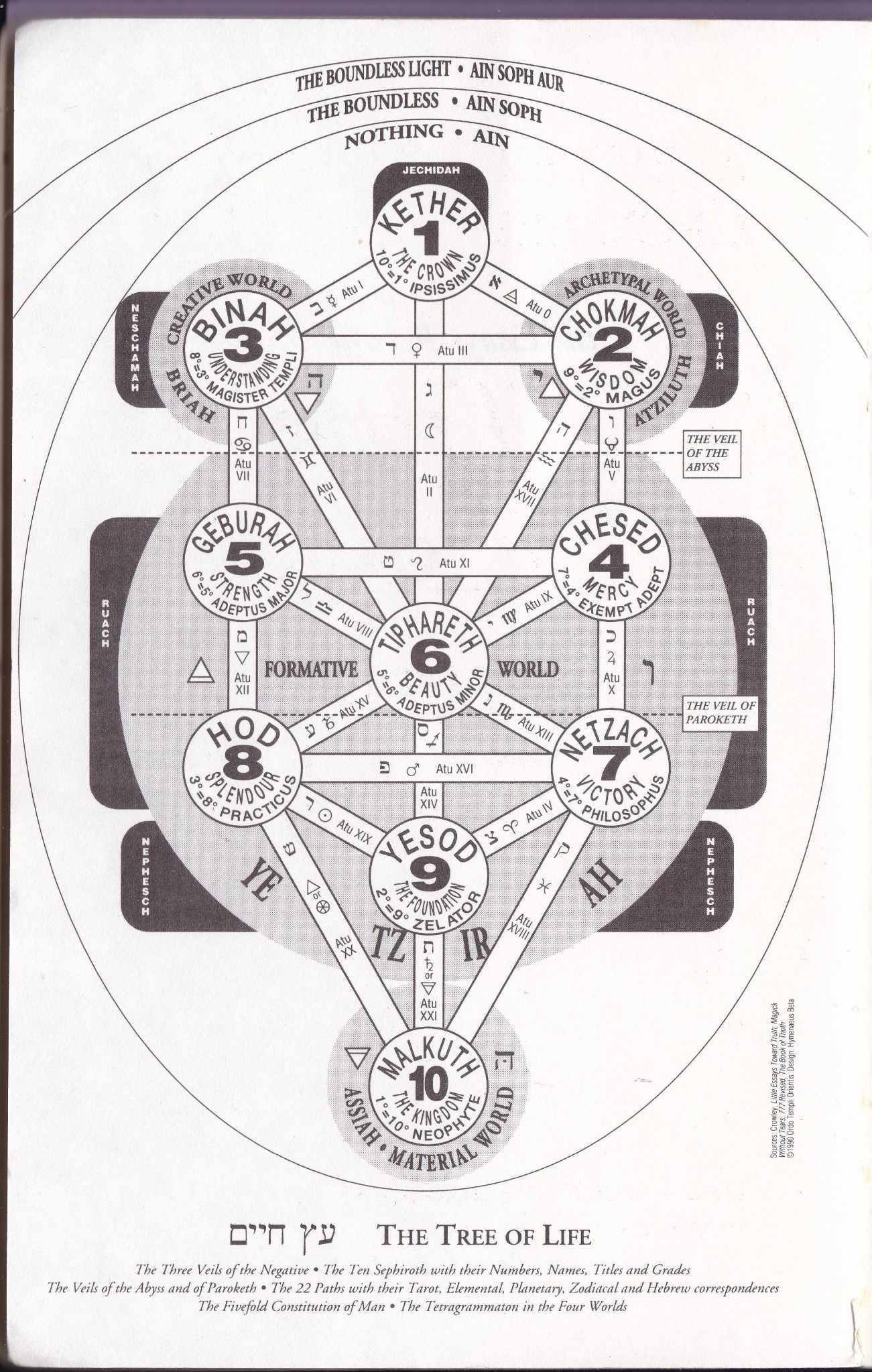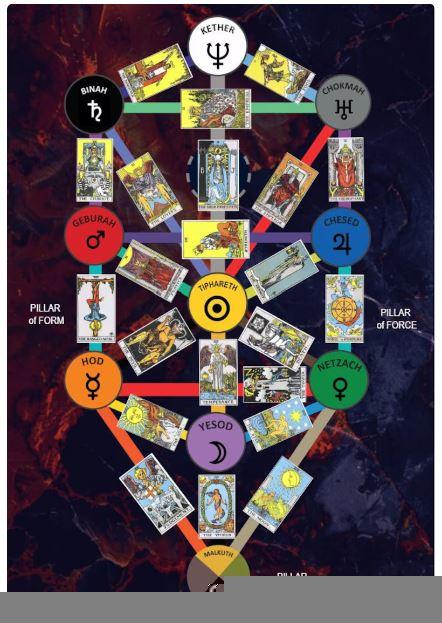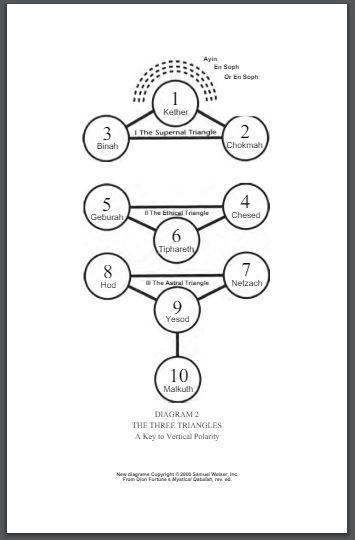Turnip here. Next time, let’s look at some of the techniques William S. Burroughs suggests for resisting the Word-God. We’ll read three selections from The Job: “Playback from Eden to Watergate” (pp. 11-20), “The Invisible Generation” (pp. 160-174) and “Electronic Revolution 1970-71” (pp. 174-203). If you’re unfamiliar with the cut-up method, you might also do pp. 27-top of 30. May be that we scramble on the spot if folks want to go there. Stay attentive, graduates of Academy 23.
Author Archives: gnostrigrangel
July 31st: Across the Gulf
What happens when you fuck a God? Find out – TONIGHT – with this delightful work of “fiction”(??) by our reviled uncle Aleister Crowley.
The account is titled “Across the Gulf.” You will find it on page 202 of the compendium, The Drug and Other Stories.
Here’s an ill-formatted but compact version, a smaller file in case your computer doesn’t want to load a whole book.
I await you, as the vulture awaits a juicy eyeball!
Your Lover – Lord Grang
July 24th: Pacts With the Devil



July17th: The Invention of Satanism
This week: our first-ever recommendation from our own Citizen Maxwell: The Invention of Satanism, by Asbjorn Dyrendal, James R. Lewis, and Jasper AA. Petersen. Please read chapter 9, Children of the Black Goat, pages 198-217.
Citizen Maxwell’s comments on the text:
Friends, compas, fellow mutants,
It gives me pleasure to present to you The Invention of Satanism.
A few grains of salt over my shoulder first.
Disclosure: I’m a member of the Church of Satan, my papers are in order.
There is no contradiction between Thelema & LaVey’s systems of magic. LaVey went to great lengths to differentiate his organization from Thelema. They are superficially hella different, but similar in substance if ya squint. One is complex, arcane, British, posh, etc. The other is simple, contemporary, American, middle-class, etc. LaVay was friends for decades with Thelemite, film-maker & author Kenneth Anger. Also friends with Thelemite, song-writer, drug enjoyer, & trans icon Genesis P-Orridge. Both faiths stress individual will & personal accomplishment. Also making oneself a new archetype. There are other similarities, but what’s the fun in making them explicit?
In the 1980s several people tried to attach reactionary, martial politics to the CoS. Politics, philosophy & religion are three different things. Related, but separate. Between that & the Satanic panic, the ‘80s were a dangerous time. The West Memphis 3 are the most high-profile example of that danger. I think individualist anarchism is a better match for the Satanic ethos than the leadership principle & a cult of personality.
The Satanic Temple is currently trying to attach liberalism to Satanism. I don’t wanna knock anyone’s hustle, but TST be using their status as a religious org to not pay taxes on income. Like a proper cult of personality they be dropping local groups. In a couple years they’ll be forgotten.
A constant phrase that ones hears in critical biographies of LaVey is that he was merely a showman. This is echoed for me in a letter to the editor describing the owner of a local bookstore as merely a book peddler. The implication being that one who sells books is illiterate. The association with smut peddler is also present. I feel that a magician and a showman can exist side-by-side within one individual. Further, showmanship is an aspect necessary to be an effective magician.
To brag, I intended to be a book peddler until my injury reordered my priorities. I have approximately 7000 books in storage. I have read approximately 30% of them. The Introduction to all of them, and some the whole book. I take personal umbrage at the implication that book peddlers are equivalent to illiterate people. Similarly, I take umbrage to the idea that a showman and a magician cannot exist within one individual.
LaVey abused big cats by keeping them as pets in SF. Not Tiger King level, but pobody’s nerfect.
I’ve made friends for life & opponents with undeniable accomplishments in the CoS. I attended the 40th anniversary celebration in LA & will attend their 60th anniversary celebration in NY.
SINcerely,
Citizen Maxwell
July 10th: A Garden of Pomegranates
This week, we continue our study of the Tree of Life with Israel Regardie’s A Garden of Pomegranates. Please read from pages 55 (VI. TIPHARAS) through 91.
Optional supplementation: If you weren’t with us last week, you could look at last week’s text, or read from 37-55 in A Garden of Pomegranates.
Adolphe Franck’s The Kabbalah: The Religious Philosophy of the Hebrews restores some historical and cultural context for us. It is bewildering and wonderful, drawing heavily from the Zohar and the Sepher Yetzirah. You could wander about in it for quite a while. I do not demand that you do so.
However, I request that you ponder with us this excerpt from pages 154-155:
“There are Sefiroth as there are names of God, since the two things are confounded in the mind, and since the Sefiroth are but the ideas and the things expressed by the names. Now, if God could not be named, or if all the names given to Him did not designate a real thing, not only would we not know Him, but He would not exist even for Himself; for without intelligence He could not comprehend Himself, neither could He be wise without wisdom, nor could He act without power.”
Additionally, please continue to employ the SORELY NEEDED DIAGRAMS.


BE JUST AND FEAR NOT!
July 3rd: The Mystical Qabalah
This week we delve into Dion Fortune’s The Mystical Qabalah. I cringe to do it in some ways. I dislike her politics, and this is a thoroughly gentile take on a tradition with Jewish roots. But it was also my own first book on the topic, which helped me develop basic literacy in the Tree of Life and its symbolism. Kabbalah, tarot, astrology, and alchemical symbolism are not magic, per se. But knowing a bit about these systems increases our access to all kinds of magical discourse.
Please read PART II, chapters 14-20, pp.97-174.
Bonus for context: Chapter 6: ETS CHAYYIM, The Tree of Life, pp.34-36
SORELY NEEDED DIAGRAMS:




June 26th: The Boy Who Reversed Himself
This week, we finish William Sleator’s The Boy Who Reversed Himself. Please read from Chapter 10 through to the end, pages 69-167.
June 19th: The Boy Who Reversed Himself
For the next two weeks, we’ll be reading a deceptively simple, but brilliant, young adult novel about interdimensional travel. William Sleator’s The Boy Who Reversed Himself furnishes valuable interpretive tools for talking about the almost-possible, and how it manifests.
Please read Chapters 1-9 (through page 68) for Wednesday’s discussion.
June 12th: David Shoemaker on the Holy Guardian Angel
A video this week – posted most tardily, but hopefully of interest!
David Shoemaker’s talk, “The Thelemic Concept of the Holy Guardian Angel.”
Please come with three questions for the group to discuss. Or one Very Good Question.
June 5th: Short Stories by Ted Chiang
This week – a new suggestion from Saint Shut-the-Fuck-up-Friday: short stories from the collection Stories of Your Life and Others by Ted Chiang.
Please read at least one of these. Preferably two for the sake of wider discussion. All three if you’re enjoying yourself and/or feel ambitious. Our Saint has provided “tasting notes”:
Tower of Babylon—This is the shortest of the three selections. Tasting notes include wine, sweat, conflicting definitions of hubris, and fine-quality copper ingots.
Seventy-Two Letters—This is the longest of the three selections. Textural notes include rich clay under the fingernails; the prickle of the skin when science blurs into magic; the fragile onionskin of anarchist zines; porcelain still warm from your cup of tea.
Hell is the Absence of God—This one is middle-length, and when your Saint tried to write playful scent notes for it… they couldn’t. So they offer this: they’ve read this short story at three different spiritually-distinct points in their life and while it’s never stopped being horrifying, they observed a newfound sense of peace during this last reading that wasn’t present a decade earlier. (They consider this story a form of exposure therapy.) Your Saint doesn’t know if Chiang intended this piece as horror, but it’s one of the few pieces of literature they’ve read that managed to induce nausea. (For those who might benefit from such content warnings—discussion of suicide, death of a spouse, semi-graphic descriptions of injury. If you grew up in a particularly devout Christian context, this may stir up some long-dormant brain weasels.)
Further comments from Saint Shut-the-Fuck-Up-Friday:
If you’ve not read Ted Chiang previously, he’s often described as a spiritual successor to Borges. While your Saint (to their embarrassment) hasn’t read enough Borges to assess that opinion, they deeply enjoy how Chiang frequently places historical scientific theories and different pieces of theology into a mason jar and shakes that jar until they fight or fuck their way into leaving behind squalling, implacable Mysticism. (One might argue that religious texts—particularly etiological myths—are themselves an older attempt at scientific theory, and your Saint suspects we might get into that on Wednesday night!)
